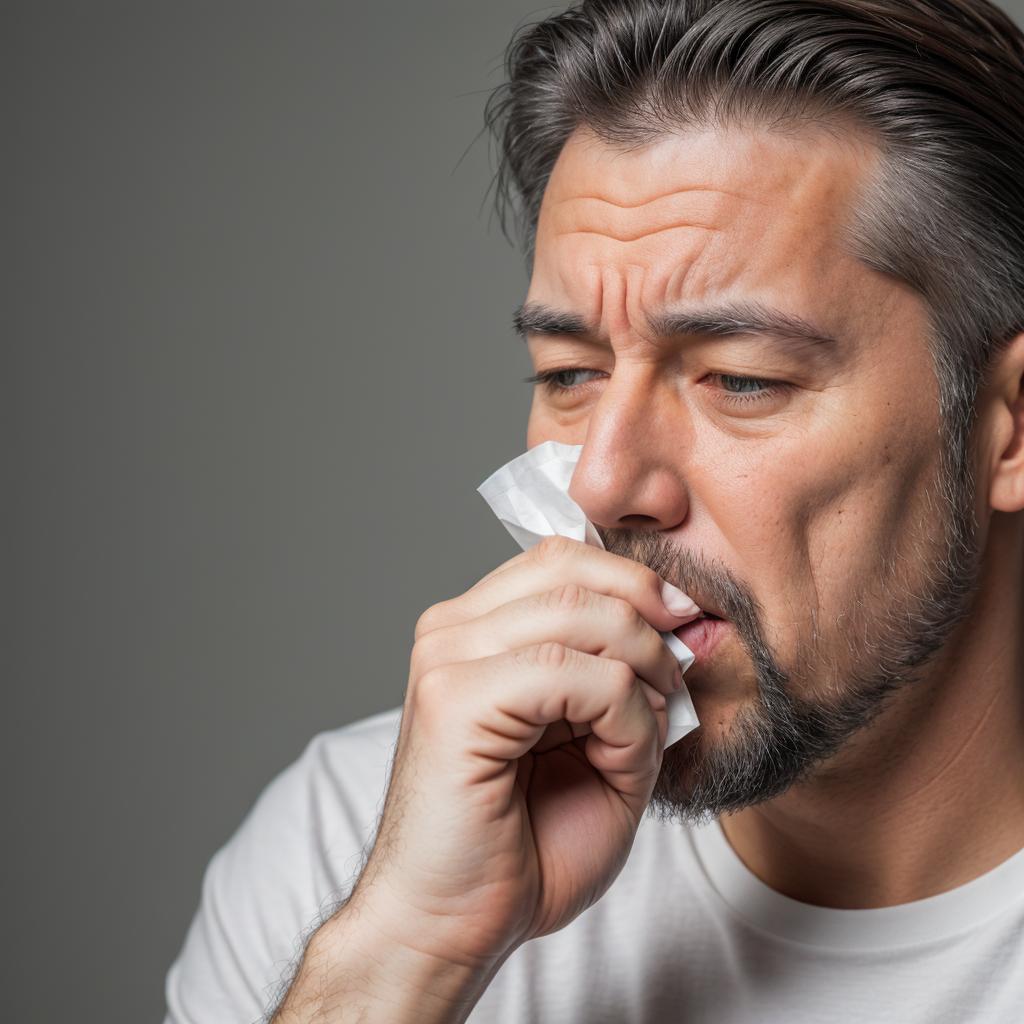
Seasonal allergies are a common occurrence for many people living in Atlanta, Georgia.
With its diverse flora and variable climate, Atlanta presents a unique challenge for allergy sufferers. Understanding the allergy count in Atlanta and learning how to manage symptoms can greatly improve quality of life during allergy season.

What is allergy count?
Allergy count refers to the measurement of pollen and other allergens present in the air at a particular location and time. In Atlanta, the allergy count typically rises during spring and fall when plants release pollen. Pollen counts are often provided by local health departments or environmental agencies and are useful for individuals with allergies to pollen, such as grass, trees, and weeds.
Factors affecting allergy count in atlanta
Several factors contribute to the fluctuation of allergy counts in Atlanta:
Climate: Atlanta’s climate, characterized by hot summers and mild winters, influences the timing and intensity of pollen release. Warmer temperatures can lead to longer allergy seasons and higher pollen counts.
Flora: Atlanta’s diverse plant life, including trees like oak, pine, and cedar, as well as grasses and weeds, contributes to the wide range of allergens present in the air.
Air Quality: Pollution and air quality can affect allergy symptoms by exacerbating respiratory issues and irritating the airways, making allergies more severe.
Monitoring allergy count
Monitoring allergy counts can help individuals anticipate and prepare for high pollen days. Many websites, apps, and local news stations provide daily pollen forecasts based on data collected by pollen monitoring stations. Checking these forecasts regularly can help allergy sufferers plan outdoor activities and adjust medication as needed.
Coping strategies
Managing seasonal allergies in Atlanta requires a multi-faceted approach:
Stay Indoors: On days when allergy counts are high, it’s best to stay indoors as much as possible, especially during peak pollen hours in the morning and early evening.
Use Air Purifiers: Investing in high-quality air purifiers can help remove allergens from indoor air, providing relief for allergy sufferers.
Keep Windows Closed: Keeping windows and doors closed can prevent pollen from entering your home and exacerbating allergy symptoms.
Use Allergy Medications: Over-the-counter antihistamines, nasal sprays, and decongestants can help alleviate allergy symptoms. Consult with a healthcare professional to determine the best medication for your specific allergies.
Wear Protective Gear: When doing outdoor activities like gardening or yard work, wear a mask and gloves to minimize exposure to pollen and other allergens.
Living with seasonal allergies in Atlanta can be challenging, but understanding the allergy count and implementing effective coping strategies can help manage symptoms and improve quality of life. By staying informed, taking precautions, and seeking appropriate medical treatment, allergy sufferers can navigate allergy season with greater ease and comfort.



